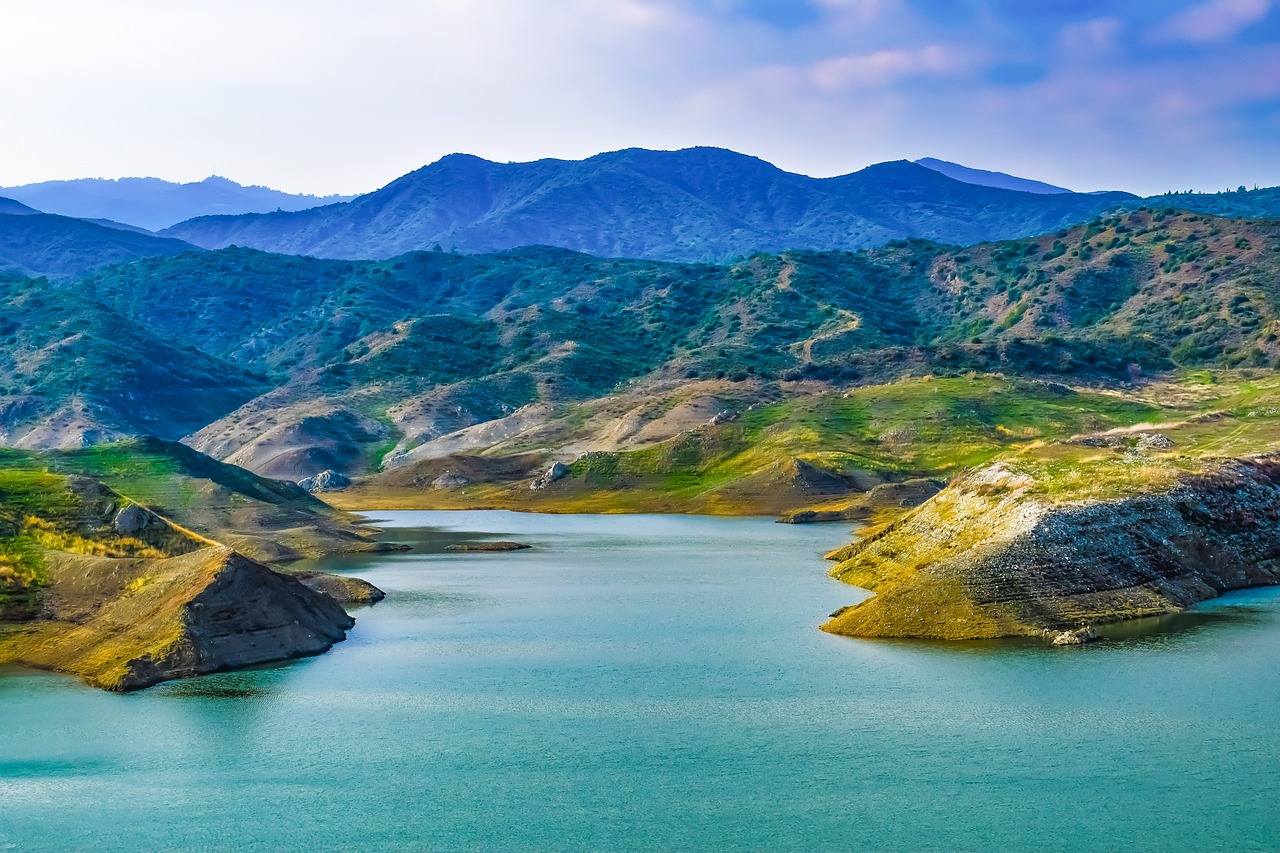The Impact of Travel on Local Economies
Travel has a significant impact on local economies around the world, influencing businesses, employment rates, infrastructure development, and cultural exchanges. In this article, we will explore the various ways in which travel impacts local economies and examine the importance of sustainable tourism practices for long-term economic growth.
Economic Benefits of Tourism
One of the most noticeable impacts of travel on local economies is the generation of revenue through tourism activities. Tourists spend money on accommodations, transportation, food, souvenirs, and excursions, among other things. This spending contributes to the overall economy of the destination, supporting local businesses and creating jobs for residents.
Moreover, tourism can help diversify a local economy that may be heavily reliant on a single industry. By attracting visitors interested in a variety of activities such as sightseeing, adventure sports, cultural events, or gourmet dining, a destination can create new opportunities for businesses to thrive and develop.
Job Creation
Travel and tourism industry create a significant number of job opportunities in local communities. Hotels, restaurants, tour operators, transportation services, souvenir shops, and other tourism-related businesses all require employees to provide services to travelers. In regions where unemployment rates are high, tourism can offer a solution by providing jobs that cater to a diverse range of skills and interests.
Furthermore, the development of tourism infrastructure such as airports, roads, hotels, and entertainment facilities creates additional employment opportunities during the construction phase and long-term operation. Investments in tourism-related projects can stimulate economic growth and improve the quality of life for residents.
Revenue for Infrastructure Development
Income generated from tourism activities can be reinvested in infrastructure development projects that benefit local communities. Governments may allocate a portion of tourism revenue to improve roads, public transportation, water and sanitation systems, healthcare facilities, and educational institutions. These investments can enhance the overall quality of life for residents and attract more tourists to the destination, leading to a virtuous cycle of economic growth.
Additionally, tourism revenue can support the preservation of cultural heritage sites, natural landscapes, and wildlife habitats. By investing in the conservation of these resources, destinations can attract sustainable tourism practices and promote environmental stewardship among visitors.
Cultural Exchange and Community Development
Travel fosters cultural exchange between visitors and local residents, promoting mutual understanding and appreciation of diverse traditions, customs, languages, and lifestyles. Tourists have the opportunity to learn about the history, art, music, cuisine, and daily life of the destination they are visiting, while locals can share their knowledge and experiences with visitors.
Community-based tourism initiatives encourage meaningful interactions between travelers and residents, allowing tourists to immerse themselves in local culture and support small-scale enterprises run by indigenous and marginalized communities. By participating in homestays, cultural workshops, guided tours, and volunteer programs, travelers can contribute to the socio-economic development of the destination and gain a deeper appreciation for its heritage and people.
Sustainable Tourism Practices
As the travel industry continues to grow, it is essential to prioritize sustainability and responsible tourism practices to minimize negative impacts on local economies, environments, and communities. Sustainable tourism focuses on minimizing carbon emissions, conserving natural resources, protecting wildlife, supporting local businesses, and respecting cultural traditions.
Destinations can implement sustainable tourism policies and initiatives such as eco-friendly accommodations, wildlife conservation programs, waste management systems, renewable energy sources, and community-based tourism projects to ensure that tourism benefits are distributed equitably among residents and future generations. By promoting ethical travel practices and advocating for environmental protection, travelers can contribute to the long-term viability of destinations and preserve their unique qualities for years to come.
Conclusion
Travel plays a crucial role in shaping local economies and communities by generating revenue, creating jobs, supporting infrastructure development, fostering cultural exchange, and promoting sustainable practices. As travelers, businesses, governments, and communities work together to implement responsible tourism strategies, we can ensure that tourism benefits are shared equitably among all stakeholders and that destinations remain vibrant, resilient, and inclusive for generations to come.
FAQs
What is the impact of travel on local economies?
Travel generates revenue for local businesses, creates job opportunities, supports infrastructure development, fosters cultural exchange, and promotes sustainable practices.
How can tourism contribute to community development?
Tourism can support small-scale enterprises run by indigenous and marginalized communities, encourage cultural exchange between travelers and residents, and promote socio-economic development through community-based initiatives.
What are some examples of sustainable tourism practices?
Examples of sustainable tourism practices include eco-friendly accommodations, wildlife conservation programs, waste management systems, renewable energy sources, and community-based tourism projects that support local businesses and protect natural resources.





